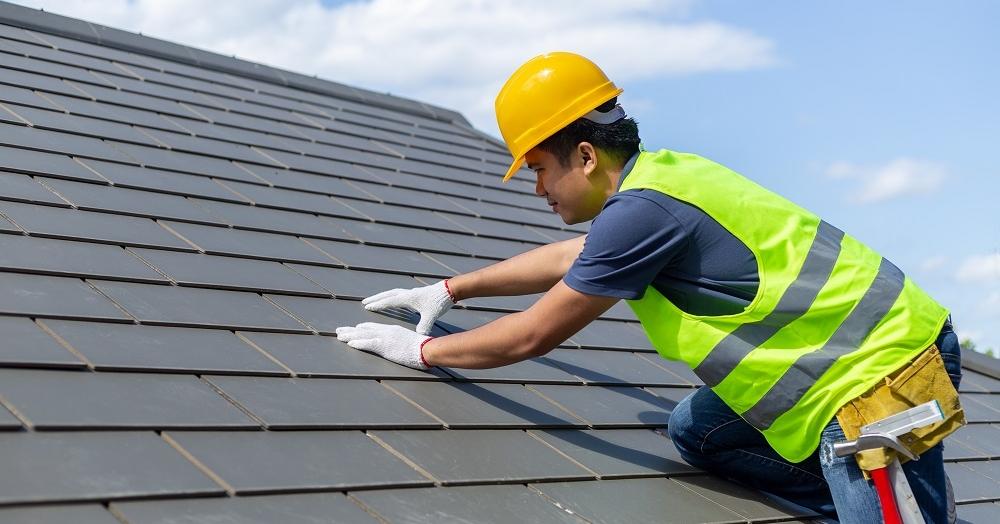The integrity of a building’s roof is paramount to its overall safety and functionality. As such, the role of a commercial roofing inspector is critical in ensuring that roofs are not only well-maintained but also safe and up to code. A good roof inspector brings a blend of technical skills, experience, and personal traits to the job.
1. Thorough Knowledge of Roofing Systems
At the core of a good roof inspector’s skill set is a comprehensive understanding of various roofing systems. This includes familiarity with materials such as shingles, tiles, metal, and flat roofing systems. They should understand how these materials react to different environmental conditions and the common issues that can arise with each type. Additionally, knowledge of current building codes and industry standards is vital. This ensures that the inspector can identify not only existing issues but also potential problems that could violate these standards.
2. Attention to Detail
Roof inspection is a task that demands meticulous attention to detail. Inspectors must be able to spot small issues that could lead to major problems. This includes identifying minor cracks, leaks, improper flashing, or wear and tear that might not be evident at first glance. Missing these details can lead to significant structural damage, mold, or water damage. Therefore, a keen eye for detail is non-negotiable for a competent roof inspector.
3. Safety Consciousness
Roof inspections can be hazardous, involving working at heights and sometimes in less than ideal weather conditions. A good roof inspector must prioritize safety, not just for themselves but also for the occupants of the building and their team. This involves adhering to safety protocols, using proper safety equipment, and being aware of their surroundings to avoid accidents.
4. Effective Communication Skills
A roof inspector must possess the ability to convey findings clearly and concisely. This involves not only identifying problems but also explaining them in a manner that is understandable to non-experts. They must be able to write detailed reports that outline their findings and recommendations. Furthermore, they should possess good interpersonal skills to interact with homeowners, contractors, and other stakeholders effectively.
5. Physical Fitness and Stamina
Roof inspections can be physically demanding. Inspectors often need to climb ladders, navigate steep and slippery surfaces, and sometimes work in uncomfortable weather conditions. Therefore, a good level of physical fitness and stamina is essential. This not only helps them perform their duties effectively but also ensures their safety on the job.
6. Problem-Solving Skills
A proficient roof inspector is not just a problem identifier but also a problem solver. They must be able to think critically and provide practical solutions to the issues they uncover. This requires a deep understanding of roofing systems and creativity in addressing unique challenges that each roof may present.
7. Continuous Learning and Adaptability
The field of construction and roofing is constantly evolving with new materials, techniques, and regulations. A good roof inspector must be committed to continuous learning and staying updated with these changes. This adaptability ensures that they can provide the most accurate and current advice to their clients.
8. Integrity and Ethics
Integrity is paramount in the role of a roof inspector. They must provide unbiased assessments and recommendations, regardless of any external pressures or personal gain. This ethical approach builds trust with clients and ensures that the safety and longevity of the roof are the primary concerns.
9. Technological Proficiency
In today’s age, roof inspections often involve more than just visual assessments. Inspectors should be proficient with technological tools such as drones, infrared cameras, and moisture detection equipment. These tools can enhance the accuracy and efficiency of inspections, allowing for a more thorough assessment.
10. Customer Service Orientation
Finally, a good roof inspector should have a strong customer service orientation. This involves being responsive to client inquiries, providing clear explanations, and showing empathy for any concerns they may have. Good customer service builds lasting relationships and a strong reputation in the industry.
In conclusion, a competent roof inspector is much more than someone who simply evaluates the condition of roofs. They are a blend of a knowledgeable technician, a meticulous observer, a safety advocate, an effective communicator, and an ethical professional. These qualities ensure that they can provide the highest level of service, ensuring the safety and durability of roofing structures. As the first line of defense against potential roofing issues, their role is indispensable in maintaining the structural integrity and safety of buildings.

